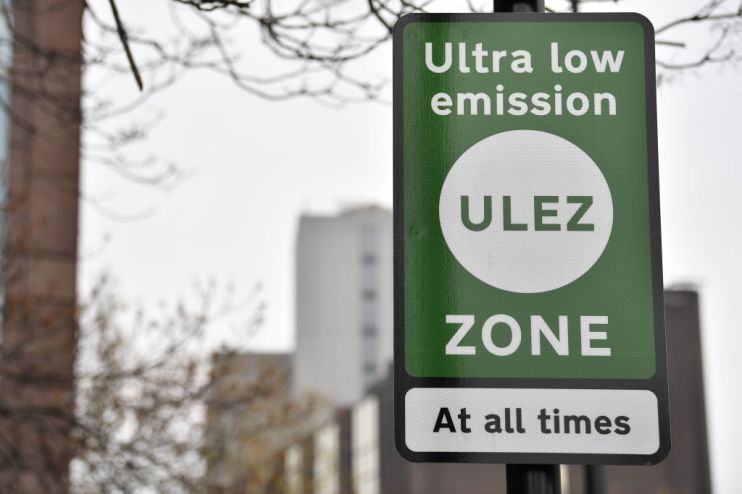Lower than forecast ULEZ receipts hit transport network’s coffers

The expansion of London’s Ultra Low Emission Zone (ULEZ) has been so successful in driving down the use of heavily-polluting cars that it has blown a £600m hole in TfL’s forecasted budgets.
The ULEZ was expanded out to the north and south circular in October as part of the Mayor of London Sadiq Khan’s push to improve air quality.
However in the latest papers from the body’s finance committee, it has emerged that “early indications” suggest “greater compliance of vehicles and fewer journeys by polluting vehicles” than had been originally part of the projections.
The lower-than-expected fee revenue has therefore seen TfL downgrade income projections from the zone by £300m in 2022/23, £200m in 2023/24, and £100m in 2024/25.
The gap puts more pressure on TfL’s already battered finances, with the capital’s transport network far more reliant on fare revenues than equivalent major global cities.
The pandemic and the slow recovery of passenger travel means there is an overall funding gap of £6.6bn in the three years from 2022 to 2025 which TfL say can only be filled with support from central government.
Last night Andy Byford, the network’s Commissioner, told City A.M. that allowing TfL to slip into ‘managed decline’ would put the UK’s economic recovery at risk.
“There is no UK recovery from the pandemic without a London recovery and there is no London recovery without a properly funded transport network in the capital,” he said.
Read more: TfL: Network planning for “managed decline” and return to 1970s without Whitehall funding